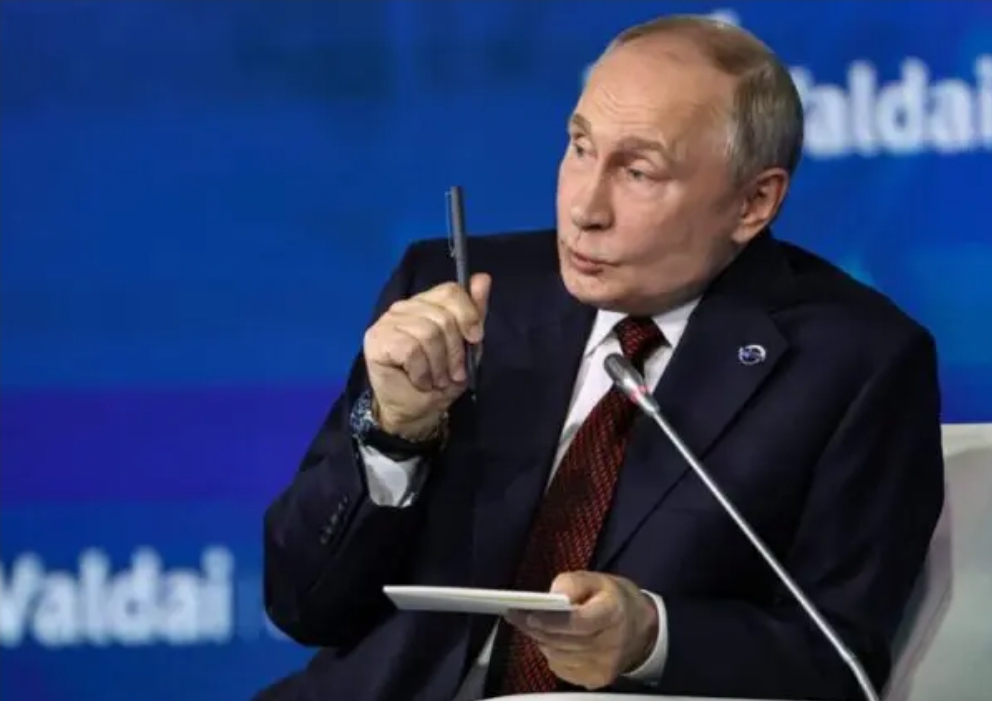Ukraine’s American-made missile attack in Moscow to spark “dramatically escalation”, Putin warns.

The U.S. has lifted restrictions on Ukraine using American-made Army Tactical Missile Systems (ATACMS) to strike targets inside Russia, sparking sharp condemnation from Moscow. The decision, announced on the eve of the 1,000th day of Russia’s invasion, marks a shift in U.S. policy and has drawn mixed reactions from global leaders and analysts.
The Kremlin swiftly criticized the move, with spokesman Dmitry Peskov accusing Washington of escalating the conflict. “The outgoing administration in Washington intends to continue adding fuel to the fire and provoking further escalation of tensions,” Peskov said. He referred to earlier warnings by President Vladimir Putin that allowing Ukraine to strike Russian territory would “dramatically change the nature of the conflict” and potentially lead to NATO’s direct involvement.
Putin also threatened reciprocal measures, including supplying long-range weapons to countries like North Korea, adding, “We supplied something to someone — and then we do not control anything. Let them think about it.”
Ukrainian President Volodymyr Zelenskyy offered a subdued reaction, saying, “The missiles will speak for themselves.” Foreign Minister Andrii Sybiha called the policy shift a potential “game changer,” asserting, “The longer Ukraine can strike, the shorter the war will be.”
Analysts, however, are cautious. Patrick Bury of the University of Bath argued the decision came “too late to have a major strategic effect,” noting Ukraine’s limited access to ATACMS reserves. Defense expert Jennifer Kavanagh added that while the move boosts morale, it is unlikely to alter the war’s course.
Russia’s U.N. Ambassador Vassily Nebenzia accused the U.S. and NATO of dragging Europe into a larger conflict, calling it a step toward World War III. In contrast, Polish President Andrzej Duda praised the decision as a potential turning point, citing intensified Russian missile attacks on civilians. Estonian Foreign Minister Margus Tsahkna also supported the move, emphasizing the need for unrestricted military aid to Ukraine.
The policy shift coincides with reports of North Korean troops aiding Russia in its border regions, which a Kyiv-based analyst described as crossing a “red line” for the Biden administration. Russian lawmakers warned of severe consequences, with one calling Biden “Bloody Joe” and another predicting NATO’s “great pain.”
Despite the heightened discourse, experts doubt the move will significantly impact Russia’s ongoing offensives or its devastating campaigns in Ukraine. Still, it signals a firm U.S. stance as President-elect Donald Trump prepares to take office, leaving uncertainty over future military support for Kyiv.




